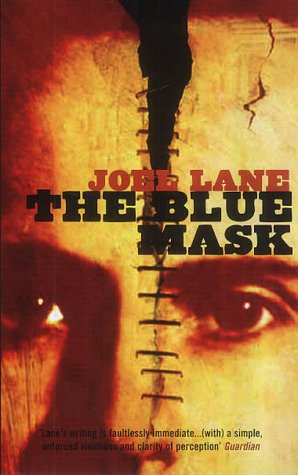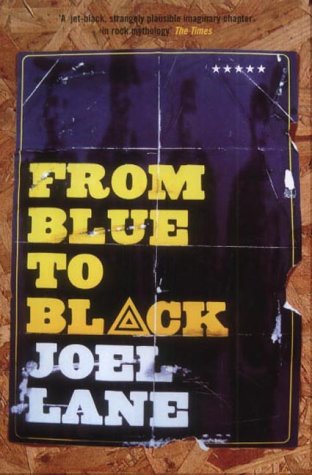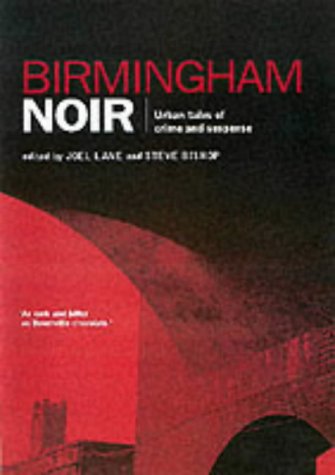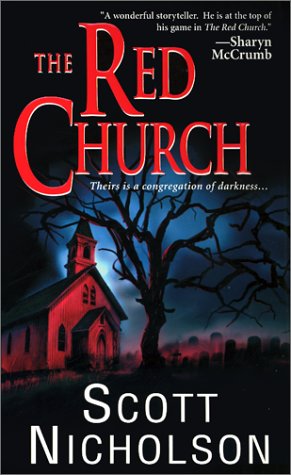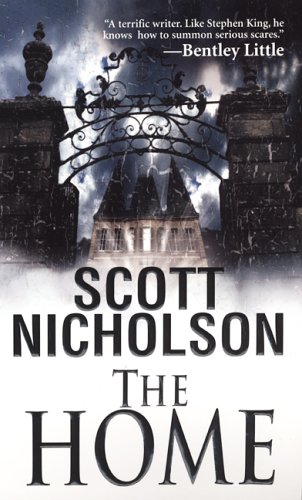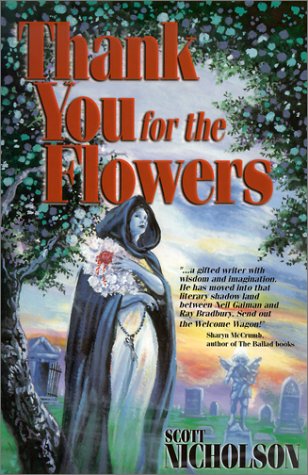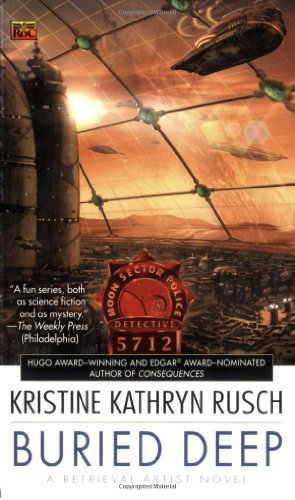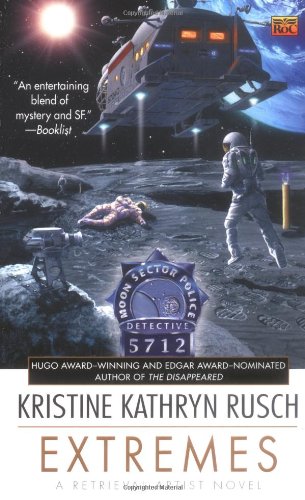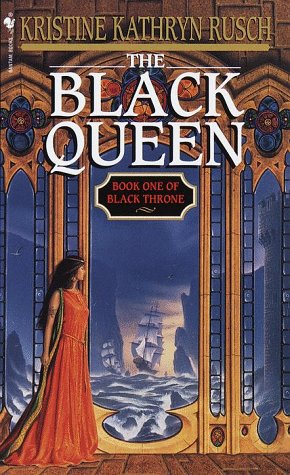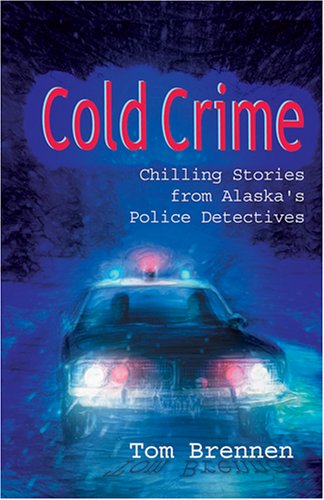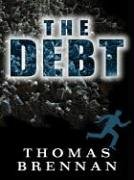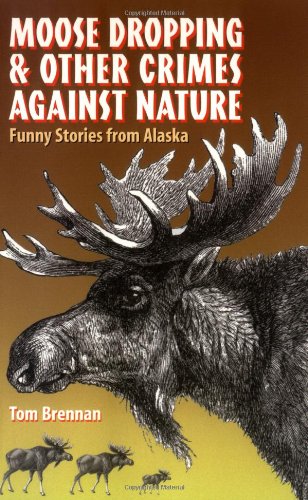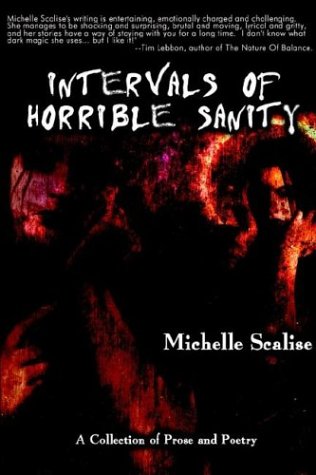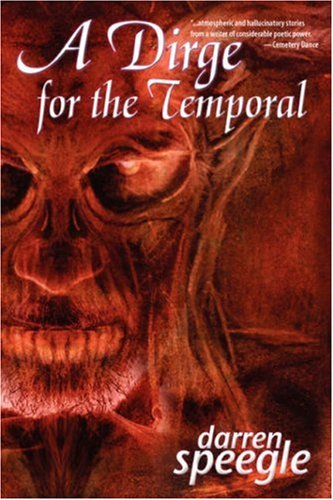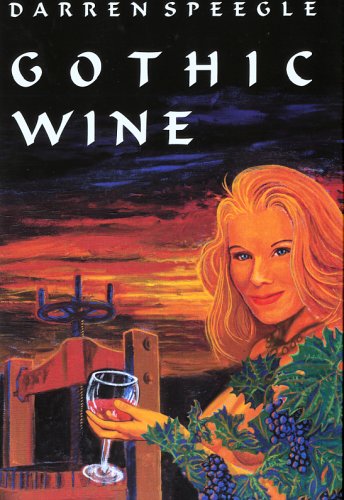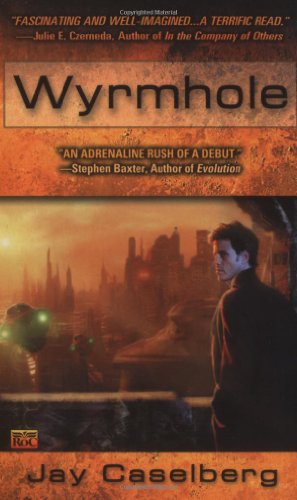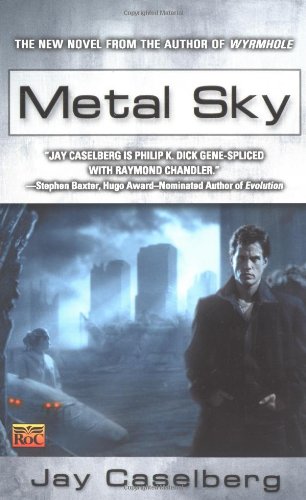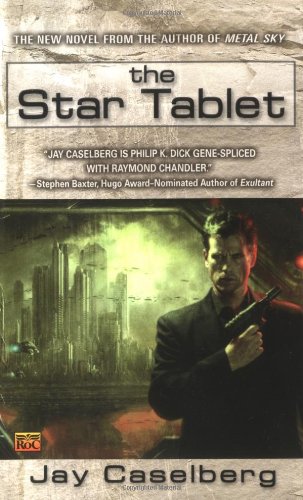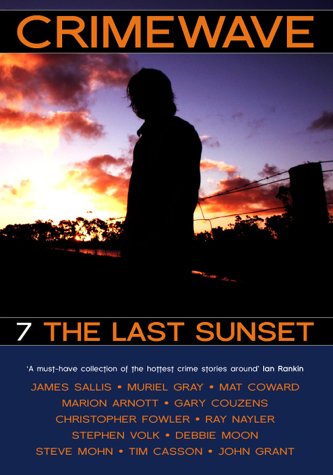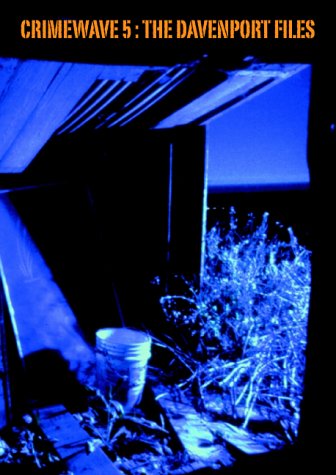| www.laurahird.com |
| THE NEW REVIEW |
|
Order the magazine from the TTA Press website
|
|
About Me Artists Books & Stuff Competition Contact Me Diary Events FAQ's Film Profiles Film Reviews Frank's Page Genre Bending Hand Picked Lit Links Heroes Index Links Lit Mag Central The New Review New Stuff Projects Publications Punk @ laurahird.com Recipes Samples Sarah�s Ancestors Save Our Short Story Site Map Showcase Tynie Talk RELATED ITEMS Order �The Elastic Book of Numbers� Order Joel Lane�s �Trouble in the Heartland� Order Joel Lane�s �The Blue Mask� Order Joel Lane�s �From Blue to Black� Order �Birmingham Noir� edited by Joel Lane Order Scott Nicholson�s �The Red Church� Order Scott Nicholson�s �The Home� Order Scott Nicholson�s �The Manor� Order Scott Nicholson�s �Thank You For the Flowers� Order Scott Nicholson�s �The Harvest� Order Kristine Kathryn Rusch�s �Buried Deep� Order Kristine Kathryn Rusch�s �Extremes� Order Kristine Kathryn Rusch�s �The Black Queen� Order Tom Brennan�s �Cold Crime� Order Tom Brennan�s �The Debt� Order Tom Brennan�s �Moose Droppings and Other Crimes of Nature� Order Michelle Scalise�s �Intervals of Terrible Sanity� Order Darren Speegle�s �A Dirge for the Temporal� Order Darren Speegle�s �Gothic Wine� Order Jay Caselberg�s �Wyrmhole� Order Jay Caselberg�s �Metal Sky� Order Jay Caselberg�s �The Star Cabinet� Order Crimewave Vol. 7 Order Crimewave: The Davenport Files Vol. 5
|
 |
|
Last month, there was a power cut in my home town. I had just begun reading Crimewave 8, when the lights went out. For over two hours. I was already hooked on the tautness of this issue and could not wait for the SSEB to light up my life again. Out came the candles, the torch, a blanket to put over my shoulders - and so the crime event of the year, enhanced by leaping shadows and delightfully sinister dark corners, was launched. With 17 stories and 161pages of taut (it�s the only word for this issue) writing, wildly diverse themes explored with deft originality, unusual insights, and strong characterisation, Crimewave more than lived up to its reputation for superior crime fiction. Saying that, the first story was a little disappointing. Ron Savage�s �Dating� was slickly written and tense, but it purports to be the thoughts of a women undergoing strangulation, based on the proposition that it takes eight minutes to lose consciousness and die. Actually, I think loss of consciousness occurs much sooner than that and so the proposition fails from the start. But even if I�m wrong about that, the strangulee�s flip thoughts and amateur psychoanalysis of the strangler (think Rachel from Friends � �Hel-lo� our victim thinks, and �What�s your damage, CT?�), displays an indigestible sangfroid. Predictably, there was a surprise ending, but I was left with the memory of our heroine comparing herself to a squeezed empty ketchup bottle. Much stronger was Susan Fry�s fine story �Twenty Dollars�, set convincingly in a small town across the Mexican border. Here, grief, pain and terror are real. A serial killer who preys on the poor women of the town is on the loose. Ortiz, a police officer corrupt only in small matters, is driven with guilt over an innocent suspect who has had a confession beaten out of him. As defeated and weary as the small town he lives in, he has to deal with a cast of beautifully delineated characters, including Senor Mondragon , misogynist and wealthy factory owner, who tries to bully him; Mondrrgon�s odd son Renaldo, victim of a hate filled upbringing; and strongest and best drawn of all, a chorus of angry and bewildered women who have all lost friends and relatives and despise the local police who cannot or will not defend them. How meek and cautious Ortiz finesses a kind of justice makes for a gripping and convincing read. �Black Dog� by Joel Lane is written with the spareseness and objectivity of a police report. This is a story about �the perfect logic of grief�. A woman is found dead in a cooling pile of tar. An unemotional account of the facts of her life, piled one atop the other without comment, reveals a train wreck of a life, mangled by the indifference of the two men in her life. But one person is not indifferent, one other person is a victim who suddenly and shockingly explodes on the scene leaving the investigating officer, and the reader, with a sense of pity and horror which comes from somewhere outside Lane�s bleak prose. Salute to Lane � that was a hard trick to pull off, but he did it. Stephen Volk�s tale �Time Capsule� is another well crafted piece, an unsettling slow burn to an appalling d�nouement. A teacher near retirement has his class of primary school children assemble items for a time capsule. His memories of many years� teaching are cleverly evoked by school uniform styles and pop music and reference to a much more innocent time, and also darker things which emerge alongside the teacher�s self obsession. He�s a whinger, and even during his reminiscence of a horrific crime, his strongest memory is of a fingernail he broke. He reminded me strongly of Reginald Christie in the witness box, whining about his sciatica. In the end, the teacher cannot resist putting a little something of his own in the time capsule, something �to tell people what we were like.� It is a haunting ending. By the time I�d finished Volk, I was wishing the electricity would come back on. The shadows in the corner of the room seemed alert and listening and full of things� However, Scott Nicholson�s �How To Build Your Own Coffin� was next up, and I soon forgot about shadowy corners. This is a grim tale of a serial killer with an interesting perversion � being nailed down in a coffin by a gorgeous woman. His fantasy is in fact a test of the women involved because of course he�s never helpless in the coffin at all. He finally meets his match and a perverse kind of love, in Betty Anne, whose killer instincts match his own� �Jury Duty� by Kristine Kathryn Rausch, posits an interesting situation. A woman is called for jury duty in a nasty murder trial - a man has exterminated his entire family and then chickened out of suicide. The irony is not lost on the juror whose sympathies are with the defendant since she herself is on the run after wiping out her husband. She despises her fellow jurors who are altogether too emotional for this woman who has struggled for clinical detachment since her own murderous escapade. Ultimately, she is an unlikeable character, and ultimately the moral dilemma forced on the defence attorney is a bit too tricksy to be convincing. But the story is pacy and taut and enjoyable enough to satisfy. There is nothing tricksy about Tom Brennan�s �Scarecrow�, a story so redolent with threat and menace that I nearly cheered when the lights came back on for five minutes. A small rural community in the South of France is menaced by an influx of immigrants from across the mountains. Theft, intimidation of women, a fatal stabbing by invisible strangers who operate at night and are rarely seen, introduces raw fear into this isolated community. There is a legend in the village of a farmer plagued by flights of black crows destroying his crops. He kills a crow and nails it up in his fields � and the crows circle his thereafter, but never land. The farmers decide to do something similar with the outsiders who plague them�and what happens next is another lesson in pity and horror as the situation escalates out of control and at least one farmer is forced to confront what they have become. This one is a gem. �The Beautiful Ones� by Michelle Scalise is a story that works on many levels. The narrator is a failed playwright and wannabe aesthete, who lives on the fringes of the Edwardian gay in-crowd, the �beautiful ones� of the title. He is haunted by visions of a drowned woman, the wife of Childe, an Oscar Wilde character facing the same kind of trial that the great man did. Mrs. Childe is very much alive as the visions are induced by chloral, the drug of choice for the beautiful and sophisticated. The aesthetes are portrayed as desperate, elegant, and persecuted � but also have their delusions about themselves revealed. They hand hard faced rent boys roses and quote poetry in an effort to gild a lifestyle that is self centred, shallow, and exploitative, devoid of any loyalty, affection, or genuine emotion. When the crisis comes, both Childe and the narrator are abandoned by their friends. The most honest assessment of them comes from a renter who betrays them : �pretentious fops pretending you were better than me.� Threaded through this story is another one: that of Childe�s wife, a pathetic creature who loves her husband and retains her devotion to him although she is of no importance to him. She is fated to be a �shadow drifting past his window,� an object of mockery to his witty friends (her dress sense is despicable, apparently, and her loyalty and devotion of no account). The narrator�s visions turn out to be premonitory � for all the excessive emotion and dramatics of the aesthetes, it is she who commits suicide, quietly and without fuss. The haunting of the narrator is really a battle with his inner self. Marriage with a suitable girl who bores him is on the cards. He knows the damage done to Mrs. Childe, but he tries to love his fianc�e (after all, her father will finance his latest play) but in the end is torn hopelessly between his desire for men (eerily explored in dream sequences) and the security of the camouflage of marriage. The denouement is shocking and it is impossible to know who to feel most pity for. I am not particularly fond of hit men stories � I belong to the �macho ain�t mucho� school of thought and such stories are often mucho macho to the point of hilarity. Luke Sholer�s �Adjustment� was therefore a delightful surprise, if delightful is the right word for such a grim but moving story. The narrator is a hitman ordered to kill his girlfriend. He is much impressed by her: she is beautiful, confident and aloof.
�People take you places, or taxis do, or you walk and men watch.� (talk about taut! The whole story is written in that edgy nerve stretching style) The couple don�t really know one another though. She doesn�t know about his secret life at first, and he is suspicious of her. As their relationship unravels, perversely the prospect of murdering her becomes less and less possible for him. He is menaced and threatened to a blood chilling degree by his employers. His self-questioning is a new mode of thought for him, in its way as cold and calculating as his hit contracts. In the end �well, it�s as moving and gripping as anything I�ve read this year. �In The Rundown� is Joe Hill�s contribution to the magazine. This is the story of Wayne, a mentally retarded man, a graduate from the Super-Tools special needs class in school, who is sacked from his job in the video store and runs out into the countryside to clear his head. There he comes upon a woman in a car, cradling a dying child. He stops to help. Thus begins perhaps the cleverest of the stories in this issue. There is more than one story going on: what happened to the child, what Wayne thinks has happened, and what a horrified reader slowly understands is going to happen as the woman in the car manipulates the situation and Wayne. Wayne must have been a difficult character to write � he is caring, but also socially awkward (quite unpleasant in places), and yet his desire to help, his frantic attempts to apply lifesaving techniques he once saw on TV, make him likeable. Wayne makes you care about him. But disaster is gathering round him�and the ambiguous ending can only leave you worrying� Darren Speegle�s �Then The Snow Bled In� isn�t quite so satisfying a read. It is set in a remote village in Germany. The narrator embarks on an affair with a pretty barmaid who happens to have a psychopathic ex in the background. Details are grisly enough if you don�t look for subtlety, but the story has been told many times before. Simon Avery and Ian Faulkner collaborated on this next piece �Lost In Darkenss�, a revenge tale which is also a little familiar in content. A black man�s white girlfriend is brutally attacked and mutilated by National Front types. Guided from her coma by Aimee girlfriend, Charlton seeks revenge. There are some genuinely shuddery moments, but perhaps not many enough to raise the story to the level of some of the other pieces in this issue. Jay Caselberg�s � The Green Lady� is an interesting combination of gothic and fin-de- siecle (19th Century!) components. The narrator is a writer with a severe case of writer�s block. He and his prolific artist girlfriend moved to Prague to live the Bohemian life. The city is a gothic fairyland with a church made of human bones � a metaphor for the narrator�s �bare bones of motivation.� The girlfriend leaves (we find out later where she went) and our hero is left haunted by a �phantom with a tainted smile� who knows his failures and disappointments. He finds his Muse, that phantom lady, in absinthe in a series of back street clubs while he waits for a �pure sacrifice� for her. He does find sacrifices, but still can�t write�Wonderfully atmospheric. Steve Rasnic Tem�s �Friday Nights� is one of the highlights of this anthology. Jim is a world weary divorc� who has attended a rather dreary singles night for older people for years. It isn�t a lot of fun in there, but the other way to meet women in his locale is at church, or better still at a church funeral. He goes there to � see women and smell them, to be in their presence� but he is usually an observer. And his observations are wonderful to read, dry, sad, and funny.
�Marriage protects you from the real terrors of relationships� The artificiality and pretence of both sexes in their hopeful but hopeless encounters is wryly described. Then Jim meets a woman who is a little different. She is painfully honest and direct, not so perfectly made up as the other women, and not at all artificial. She is also too trusting. First worries about Jim creep in when he comments that she is �a murder waiting to happen.� In his odd way, Jim connects with this women who is gently and tenderly described by Tem. Odd things happen when odd people are involved and Jim is as odd as they come, and so nothing predictable happens here. While wondering what next, it is a pleasure to revel in the fine details of the writing � try the diner scene, try the walk through the wasteground, try the church scene - and in an extreme edginess which runs though the whole piece as Tem plays with our expectations. Another unusual hitman is the star of Steve Mohn�s �Is It Better Now?� Philly, overwhelmed by the glamour of a local gangster, became a hitman aged 16. But over time, resentment grows in him as he realises he is being used, that he was cultivated because of his youth and hero worship. He rebels against his mentor when ordered to shoot a man in a field. The time sequences in this story were a little hard to follow at times, but the story becomes triumphant when Philly has conversation with the man who is to be murdered. It is a genuinely blackly funny scene and totally unexpected. And so is the ending. �Bienvenido L.A� concerns a bad day in the life of Javier, an ill temepered song writer. In true LA style, he is a name-dropping egotist who indulges in a fair amount of random and pointless violence. It�s a well written story, even poetic in its closing scene, but I did find it difficult to care very much about Javier or what happened to him. Luke is the central character in Andy Humphrey�s �Think Of A Number.� It�s another hitman story, but quite unlike any other I�ve ever read. Luke is taught to kill by his mentor, Lenny. Interspersed with the tale of their killing travels round the country are scenes from Luke�s past, and a gutwrenching past it is. Lenny, it turns out, was a feature of Luke�s life long before they became a hit team, and the murders on this particular trip are freelance, not bought and paid for. A strange kind of compensation is being paid by Lenny, a horrifying but just compensation it cannot be denied as the explanations for it all are slowly and subtly made clear though flashbacks and an electric dialogue between the two men. How do you put the full horror of a ruined life into a sentence like �I�m too old.�? Humphrey knows how. He knows how to strike a lot of nerves. This was a dynamite ending to a very fine assortment of stories. Reproduced with permission 
|
| CRIMEWAVE: Cold Harbours Issue 8 (2005) Reviewed by: Marion Arnott |
| If you would be interested in reviewing films/books for the site, contact me here |
| LIT MAG REVIEW |

